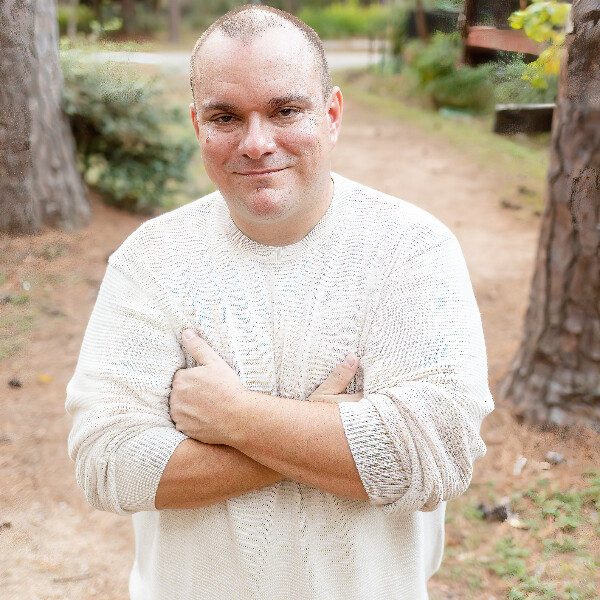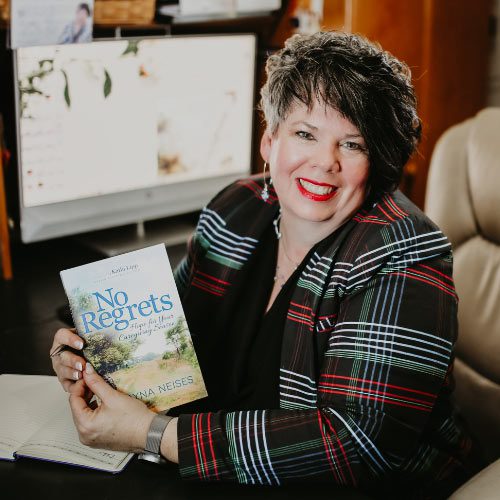“I Feel Your Death Is My Fault. I’m Sorry I Let You Die”
“Dear Barbara, My mother passed two hours after being given a second shot of morphine and sedative. It was my fault. I panicked thirty minutes after the first dose. I thought my mom’s breathing should have been slowing down after the first shot so I called the nurse and asked if Mom could have a little more.
Much later I read that breathing fast is not necessarily a sign of pain but I thought she was in distress. Now, in hindsight, I think it was me who was in pain. I wish the nurse would have explained to me why my mother was breathing that way, but she didn’t say a thing. I thought that hard breathing would make her heart stop and she would die.
We had been by her side for days. One morning we asked the nurse and doctor if there wasn’t one small chance she could live on (I know this sounds crazy), but she seemed just like she used to, except that the breathing sometimes was strange. They agreed! Later on, after her death, when I asked, they admitted that they knew there wasn’t a chance. They lied!
My brother had gone home and I went to bed an hour before she passed, thinking she could rest after the morphine and we would meet tomorrow. A person from the staff sat with her. My God, we were in such denial! But what really hurts me is that we didn’t say goodbye. We told her how much we loved her all the time, but this not having a farewell has destroyed my life, I hastened my mother’s death and I went to bed.
It’s been 9 years now and from time to time I fall into this deep black hole blaming myself for my mother’s death. I find this extremely hard and heavy to carry. I wonder how much longer my mom would have stayed in that awake state with that difficult breathing? One question always remains: How do you forgive yourself?”
No matter how much anyone tells you it isn’t your fault it will have no effect as long as you believe it was your fault. Since that is what you believe, ask your mother for forgiveness. As a mother, she will forgive you.
From the sounds of her last years she was probably grateful to be free of the heavy, cumbersome body that no longer worked for her. You and I have corresponded before about your mom and the guilt you are carrying. Nine years is a long time to not forgive yourself. I know you wrote her a letter and that it didn’t do much to ease the anguish you feel.
You might try another letter and this time write her about the guilt you feel in letting her die. “Mom, I’m so sorry. I wish I had done things differently. This is not how I wanted you to die. I didn’t want you to die EVER. I will always want you with me. I feel your death is my fault. I’m sorry I let you die.”
From what you have told me I believe your mother’s death was no one’s fault, certainly not yours. Her body, after all the years of illness, couldn’t continue and she died. No one’s fault, not yours, not the nursing home. If anyone is at fault it is the physician and nurses who weren’t honest with you about how close to death your mother was.
To answer your breathing question, depending upon the disease or body condition in old age, breathing at end of life comes in many forms. It can be fast, it can be slow, it can be loud, it can be gaspy, it can be silent, it can be congested; none of it normal for everyday living, all of it normal for dying.
PS: I wrote and shared in this blog, with permission, because this woman is not alone in carrying feelings of contributing to the death of her special person. So many people write to me of the anguish they are carrying because they feel responsible for a death.
I read these letters and understand their pain and confusion. But I also get very sad and even angry that those who could guide and support family into helping them have a sacred experience without guilt, who instead are quiet, are not forthcoming with the truth that end of living is occurring.
Because most people don’t know how normal dying occurs and when medical people are not honest about what is occurring, people blame themselves. And way too often when people blame themselves they end up carrying the guilt with them forever.
Something More about… “I Feel Your Death Is My Fault. I’m Sorry I Let You Die”
I encourage those interested in better understanding what the dying process looks like to watch my 28 minute DVD, NEW RULES for End of Life Care and read Gone From My Sight: The Dying Experience along with it’s companion booklet The Eleventh Hour: A Caring Guide for the Hours to Minutes Before Death
Originally Published on https://bkbooks.com/blogs/something-to-think-about



























Already a Member? Login Here.
Not Yet a Member? Join the Conversation Today!